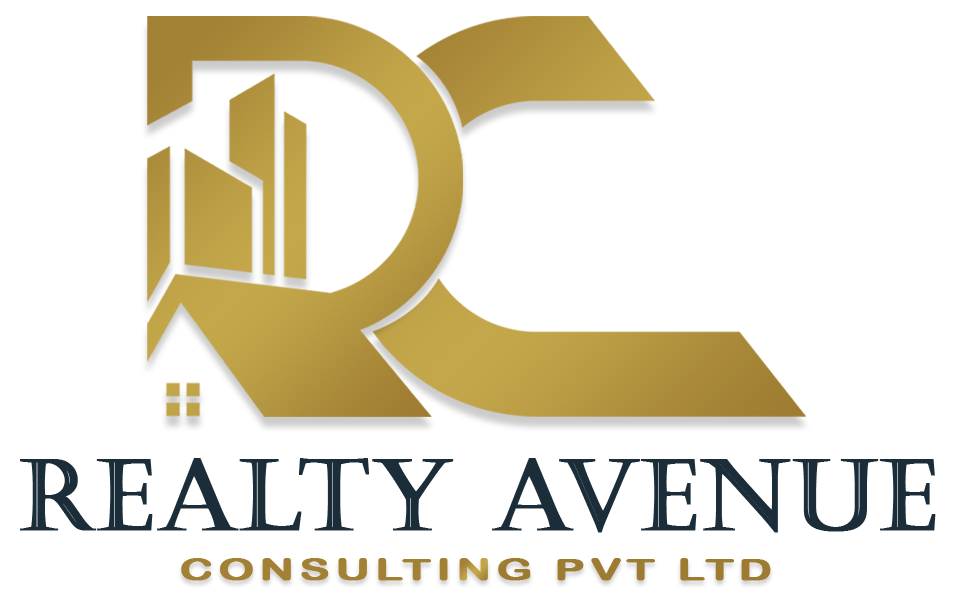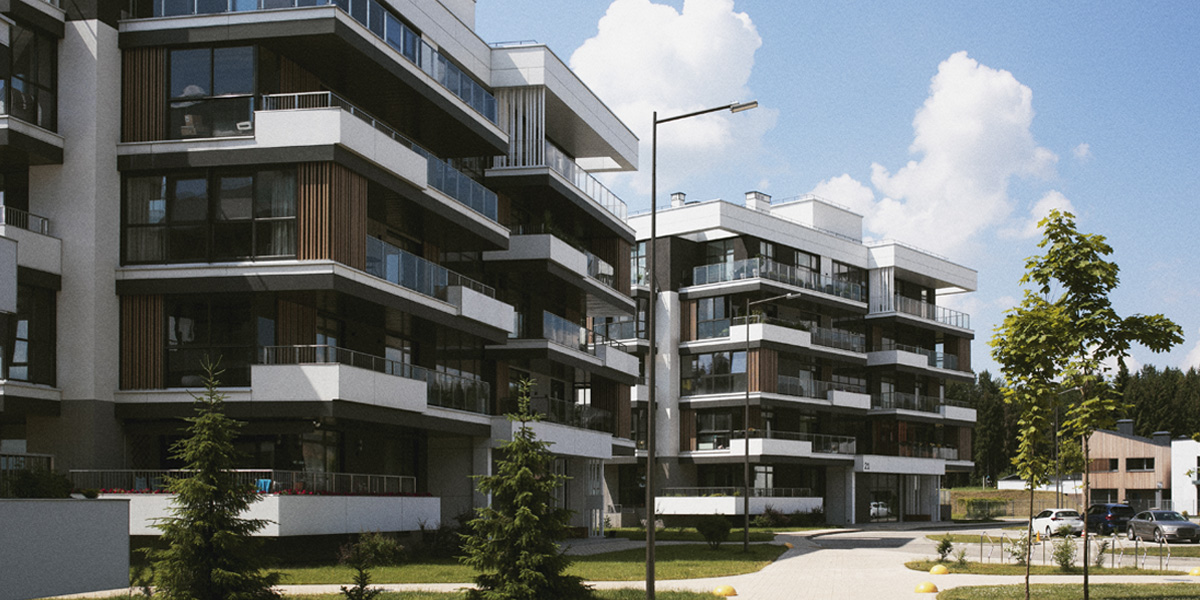Investing in Real Estate: The Pros and Cons of Rental Properties
Investing in rental properties can be a lucrative venture, providing passive income and potential long-term wealth. However, like any investment, it comes with its own set of advantages and challenges. In this blog post, we'll delve into the pros and cons of investing in rental properties, helping you make an informed decision about whether it aligns with your financial goals.
Pros of Rental Property Investment:
-
Steady Income Stream: Rental properties offer a consistent stream of rental income, helping you generate a stable cash flow.
-
Appreciation Potential: Over time, well-located properties may appreciate in value, increasing your potential return on investment.
-
Tax Benefits: Rental property owners often enjoy tax deductions on mortgage interest, property taxes, insurance, and maintenance expenses.
-
Diversification: Real estate can diversify your investment portfolio, reducing risk by spreading your investments across different asset classes.
Cons of Rental Property Investment:
-
Tenant Management: Dealing with tenants can be demanding, involving tasks like screening applicants, handling maintenance requests, and addressing potential conflicts.
-
Property Maintenance: Regular upkeep and repairs are necessary to maintain the property's value and attract quality tenants.
-
Market Volatility: Real estate markets can experience fluctuations, affecting property values and potential rental income.
-
Initial Investment: Acquiring rental properties often requires a substantial initial investment, including down payments, closing costs, and potential renovations.
Investing in rental properties can be a rewarding financial endeavor, but it's important to weigh the pros and cons before diving in. By carefully considering factors like rental income, property management, market conditions, and your own financial situation, you can make an informed decision that aligns with your investment goals.





.jpg)